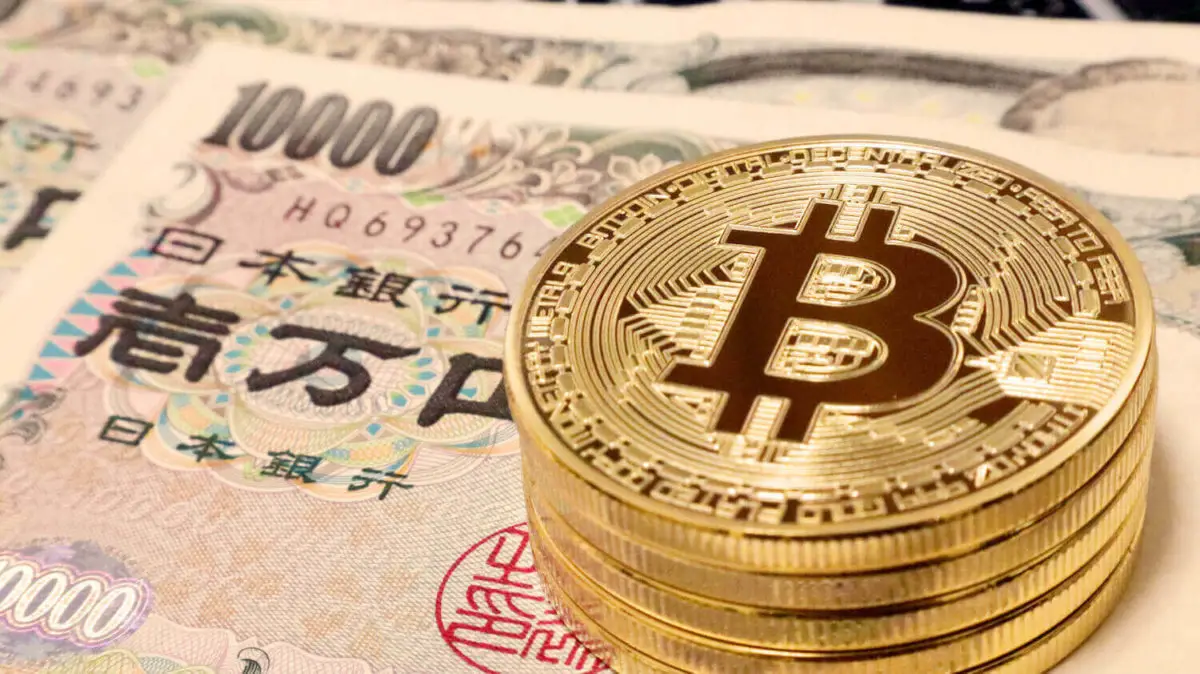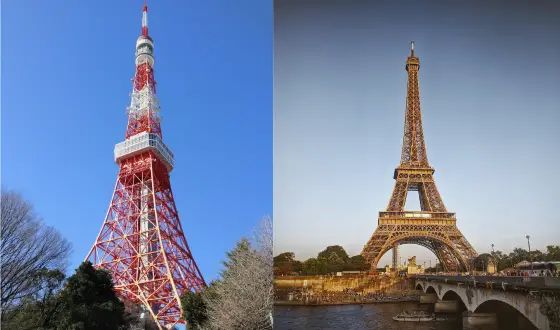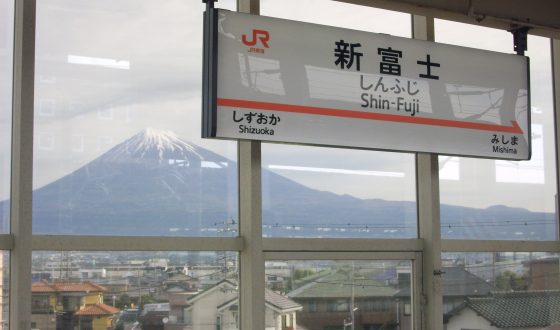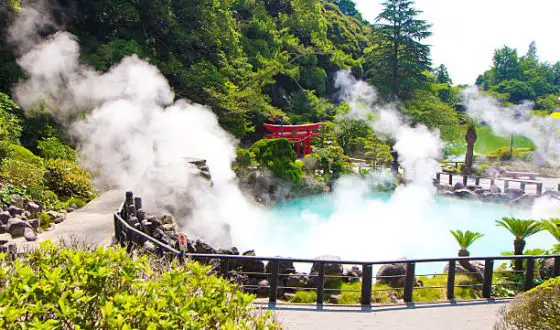How Much Does It Cost to Live in Japan? – Budgeting in Japan
How much does it cost to live in Japan? Does it cost a lot to live in Japan? The cost of living is certainly one of the first things that come to mind when considering migrating to Japan if you have any plans to do so. You are in the right place, I’m going to outline for you what to anticipate in terms of the cost of living in Japan, breaking down every factor that will have an impact on your cost of living there.
How much does it cost to live in Japan?
These are the approximate monthly living costs for overseas students. Metropolitan locations like Tokyo have a higher cost of living than rural ones. In terms of housing costs, Tokyo has a 50,000 yen($382.70) average, compared to 38,000 yen($290.85) nationwide. Also, it might be expensive to commute to school in urban regions because it is difficult to find apartments or other housing close to schools.

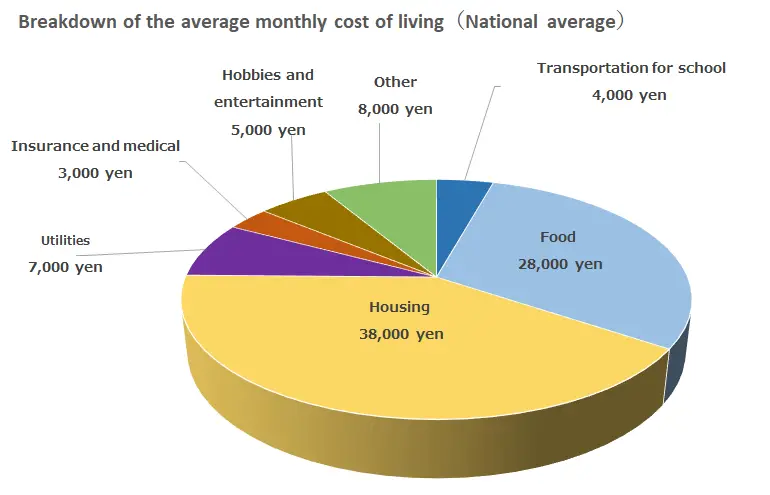
Living Cost in Japan – Detailed analysis
The approximate monthly costs listed below are for a single person living in Japan.
1. Accommodation and utilities
Tokyo’s center region has some of the most expensive land in the whole world, which contributes to the perception that the city is expensive. Yet, rent can range from inexpensive studio apartments of about 10 square meters to astronomically expensive luxury apartments in prime areas. Housing expenses are significantly lower outside of central Tokyo.
The typical monthly rent in Japan for a one-room apartment (20–40 square meters), without utilities, ranges from 50,000 yen($382.70) to 70,000 yen($535.78). Similar-sized flats in central Tokyo and adjacent popular neighborhoods typically start renting for around 100,000 yen($765.40) per month. On the other hand, gaijin houses are an option to consider for people who want to stay in the city but don’t want to rent conventional flats because they are generally inexpensive and hassle-free.
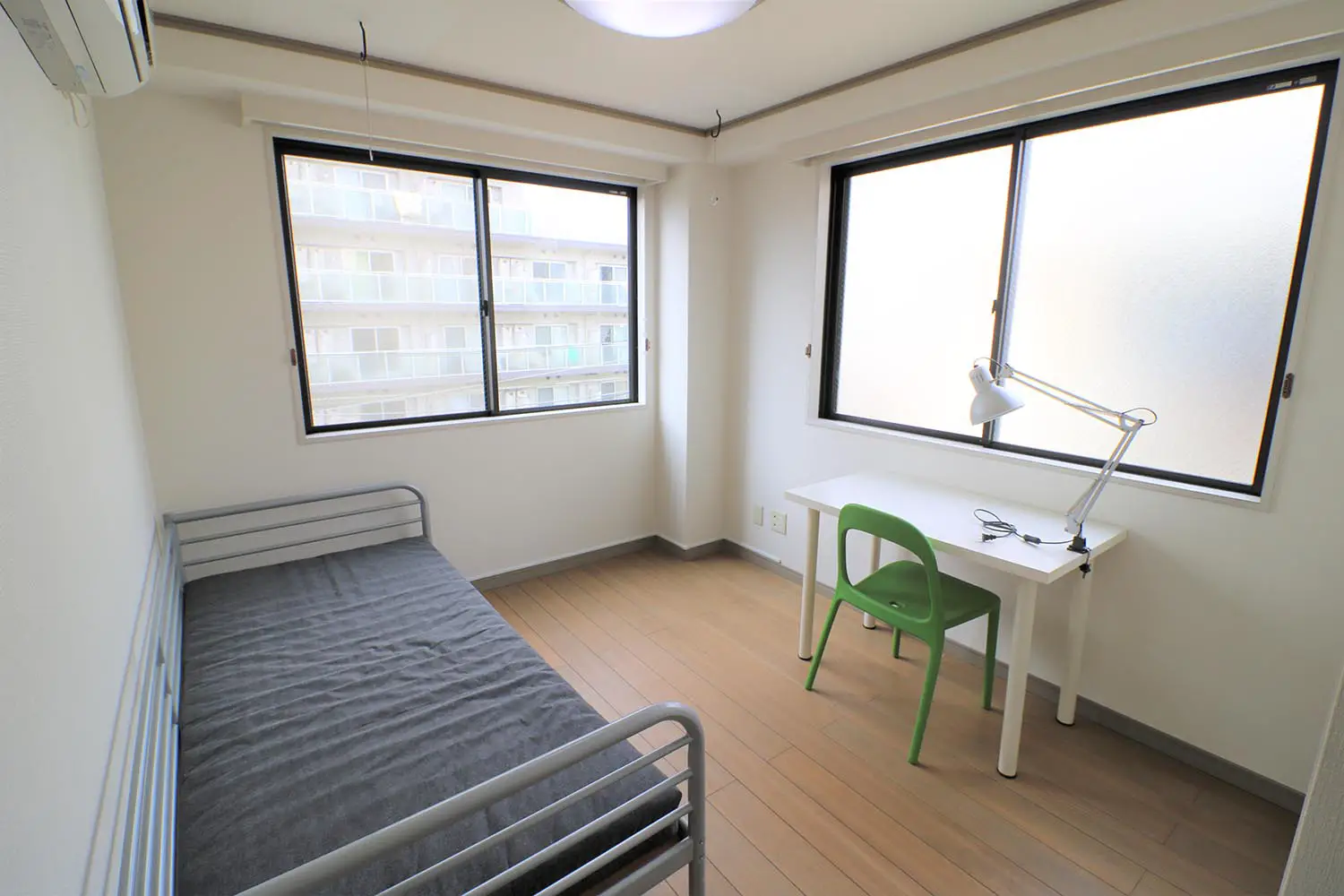
- Tokyo’s center region has some of the most expensive land in the whole world, which contributes to the perception that the city is expensive. (Source: Internet)
Utilities including power, gas, and water are normally not included in the rental price, with the exception of a small number of gaijin residences and monthly rentals like Leopalace. The costliest of the three is typically electricity, followed by gas and water. Around 10,000 yen($76.54) per month, or 5000 yen($38.27) for electricity, 3000 yen for gas, and 2000 yen($22.96) for water, is the typical cost of utilities for one person. Most homes have gas water heaters and cooktops, though some contemporary homes might have induction cooktops instead.
2. Connectivity
Traditional subscription plans start at about 6000 yen($45.92) per month, but cheaper options are available from bargain operators at about 2000 yen($15.31) per month.
Residents who want access to the internet at home should think about purchasing a pocket wifi device (monthly costs start at 2,500 yen~$19.14) or signing up for broadband or fiber optic internet (monthly fees from 4000 yen~$30.62). Other choices for internet connection include paid wifi hotspots and manga cafés.

- Residents who want access to the internet at home should think about purchasing a pocket wifi device. (Source: Internet)
3. Goods and services for the home, as well as entertainment
100 Yen Stores offer a wide variety of goods, such as kitchenware and stationery, for 100 yen($0.77) each (plus consumption tax), making them an excellent choice for people looking to furnish their apartments on a budget.
With pricing starting at 4000 yen($30.62) for a trim, Japanese hairdressers are known for providing excellent service, making haircuts in Japan an experience in and of themselves. A brief head massage and a wash are frequently included with hair cuts. But you may also find locations where you can pay about 1000 yen($7.65) for a quick haircut.
In most cities, you can find karaoke bars with hourly rates starting at 200 yen($1.53), game arcades, and movie theaters with ticket costs ranging from 1000 yen($7.65) to 2000 yen($15.31). Live concerts and theatrical performances are also held pretty much all year long. Popular local and international performers frequently do more live performances in major cities like Tokyo and Osaka. Depending on the seat, ticket costs start at about 6000 yen($45.92).
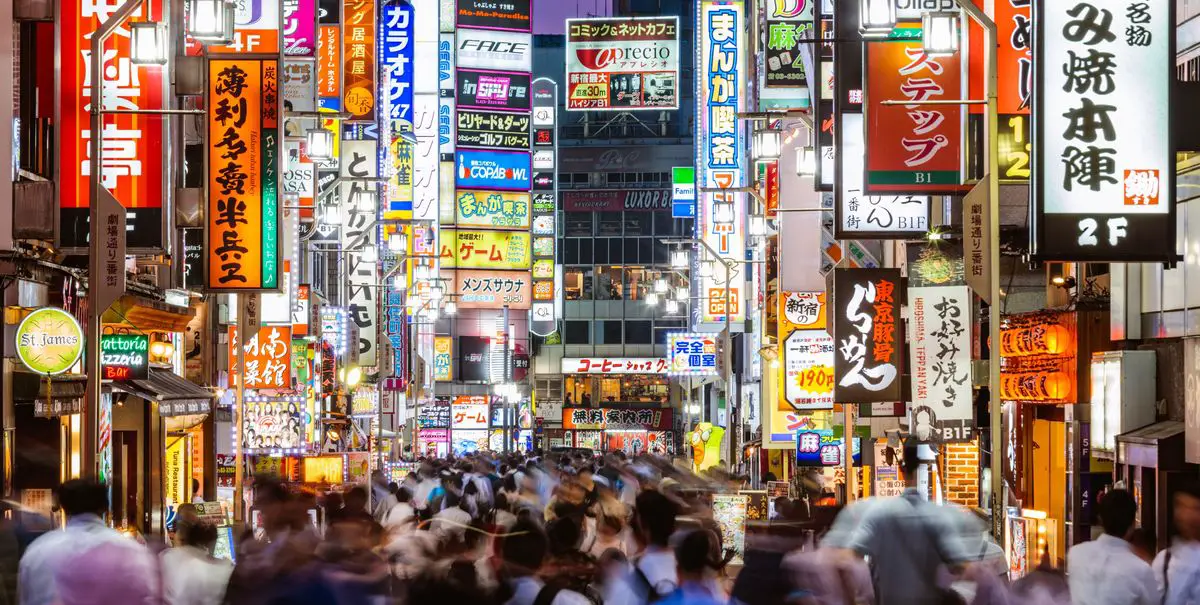
- Popular local and international performers frequently do more live performances in major cities like Tokyo and Osaka. (Source: Internet)
4. Groceries and eating out
If you stick to Japanese food like seasonal vegetables, fish, and soy bean products, local grocers are rather affordable. Just before the store closes each evening, pre-cooked foods are available for purchase at reduced costs. To get a sense of average costs, quality, selection, and sale days, it may be helpful to shop at other adjacent supermarkets.
Between 500 yen($3.83) and 1000 yen($7.65), you may get a full meal at a cheap restaurant that serves ramen, soba, and udon noodles, donburi (such beef donburi), curry rice, bibimbap (Korean style donburi), hamburgers, and a variety of other foods. Look for them in and around busy commercial districts and huge train terminals.
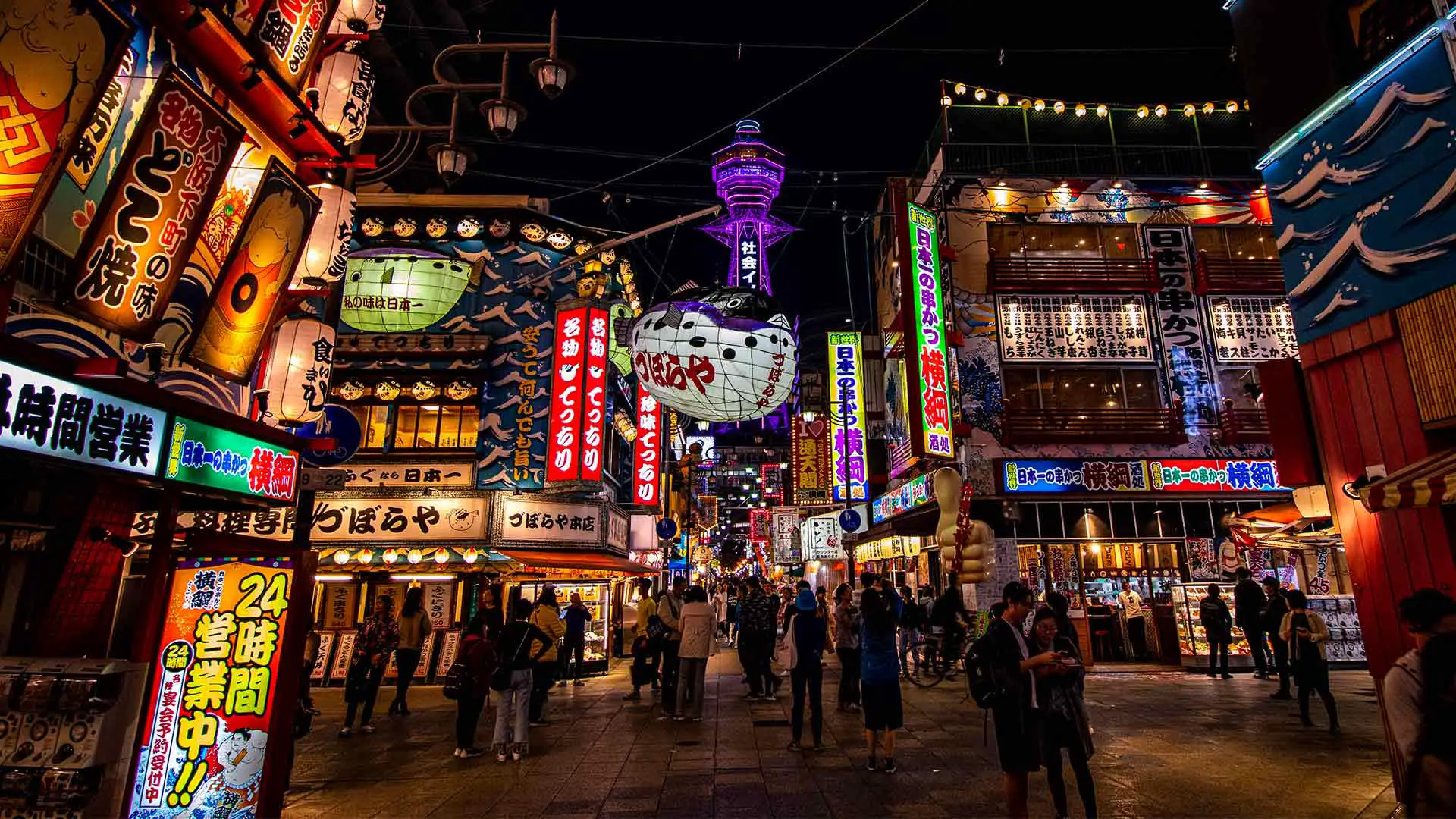
- Just before the store closes each evening, pre-cooked foods are available for purchase at reduced costs. (Source: Internet)
When it comes to high-class restaurants like ryotei, there is no upper price restriction, but a dinner at a more typical restaurant often costs between 1000 yen($7.65) and 3000 yen($22.96). Many eateries during lunchtime offer reasonably priced teishoku (set meals) for roughly 1000 yen($7.54). Bento lunch boxes are also inexpensive and are available at convenience and department stores, train stations, and temporary booths in commercial locations.
In most cities, one can find both artisanal and chain cafes. Prices in chain coffee shops are typically approximately 300 yen($2.30) for a cup of coffee, whereas they are typically a little higher at upscale cafes.
You can also like:
- Can A Foreigner Buy A House in Japan? A Comprehensive Guide To Buy House in Japan
- Tokyo Subway Day Pass For Newbie
5. Shopping
Cheap basic clothing retailers like Uniqlo and the clothing sections of large chain supermarkets like Ito Yokado both carry affordable clothing. Although department stores and boutiques may have more cutting-edge fashions, their prices also tend to be higher. It should be noted that Japanese sizes tend to be a little smaller than those in North America or Europe, and tall or giant sizes could be hard to locate.
Only the larger bookshops in major cities typically stock English-language books and periodicals. Yet, a lot of websites provide international shipping in addition to a broad variety of titles.

- Cheap basic clothing retailers like Uniqlo and the clothing sections of large chain supermarkets like Ito Yokado both carry affordable clothing. (Source: Internet)
6. Transportation
One of the nations with the best transportation systems in the world is Japan. Quick, very trustworthy, and reasonably priced. You will pay between 200 and 300 yen ($1-3) for a ride that takes an average of 20 minutes, depending on the distance and rail line.
Most people purchase commuter permits for unrestricted travel between the office and their homes or places of education because their employers pay for their travel expenses.
Use of bullet trains (shinkansen), which provide a smooth and hassle-free ride, is the most comfortable method of transportation inside Japan. The cost of a round-trip Shinkansen ticket from Tokyo to Kyoto, for example, is approximately 25,000 yen ($227). As a result, many people continue to prefer buses and “overnight buses,” which take much longer but are still reliable and comfortable – after all, we are in Japan!
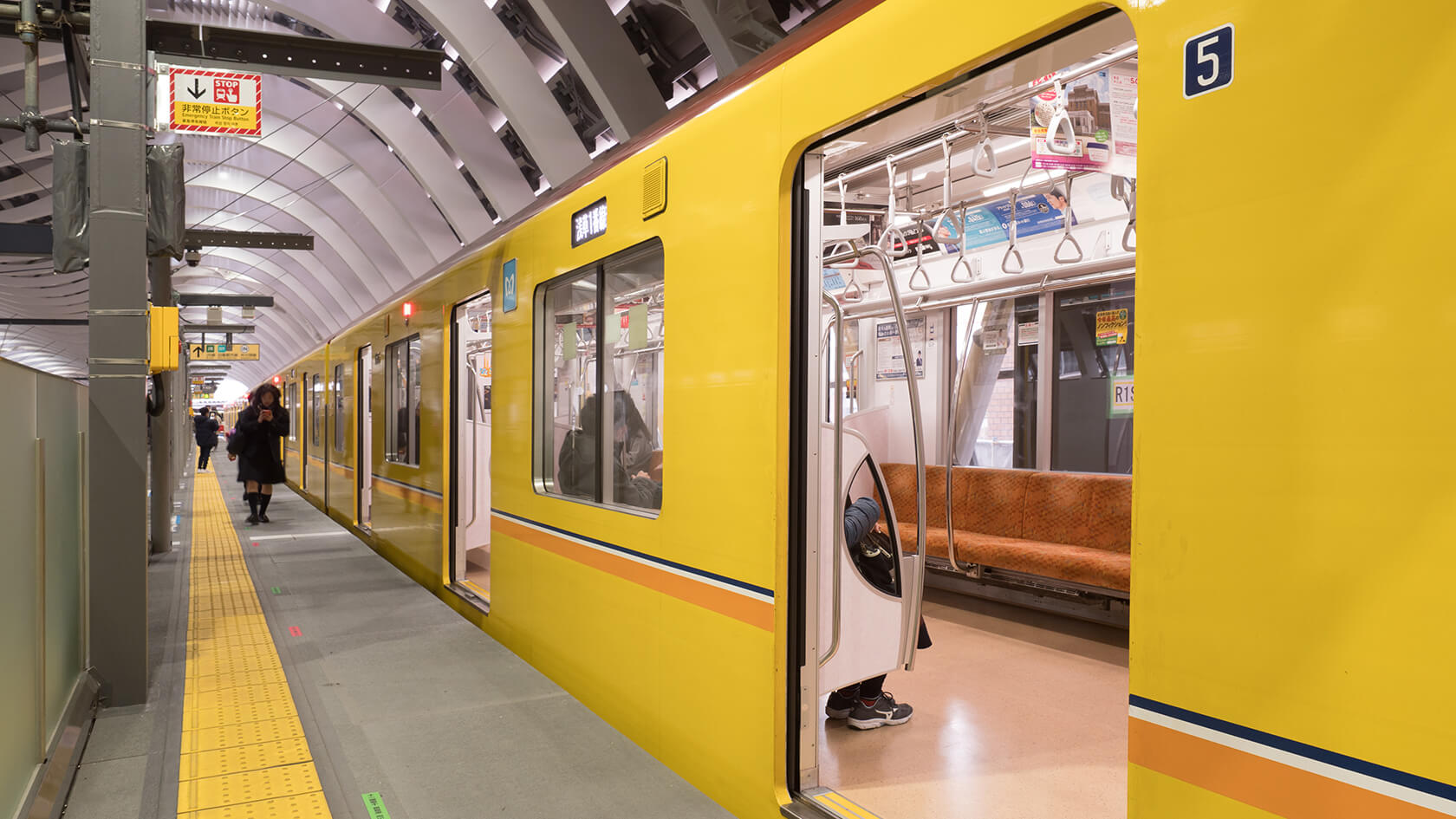
- Most people purchase commuter permits for unrestricted travel between the office and their homes or places of education because their employers pay for their travel expenses. (Source: Internet)
In Japan, owning a car may be quite expensive because of high city parking costs, required inspections (called shaken), and auto insurance. The excellent public transit system in Tokyo should be adequate for your daily needs, but it is preferable to rent a car for a few quick excursions outside of the city. Purchasing a good bicycle to get about your area is a more sensible investment. Every train station has inexpensive bike parking that is easily accessible.
Nonetheless, most people don’t miss having a car because of the abundance of public transportation options. Also, since businesses often pay for your travel to work, this can significantly reduce transportation costs.
7. Taxes
Consumption Taxes
Japan’s consumption tax increased on October 1st, 2019, from 8% to 10%. A reduced tax rate of 8% is applied to food, drinks, and other basics of everyday living. Beginning on April 1, 2021, all price tags must prominently display the final price inclusive of consumption tax in order to protect consumers. Up until that point, the size and font of the price before tax gave the impression that costs were lower.
Income tax
Income tax is proportionate to wages and begins at 10% for income between 1.95 and 3.3 million yen ($17,727 and 30,000) annually. For information on how taxes are applied in your specific situation, you can easily contact the ward or city office where you reside (some offices provide free Japanese to English interpretation services).
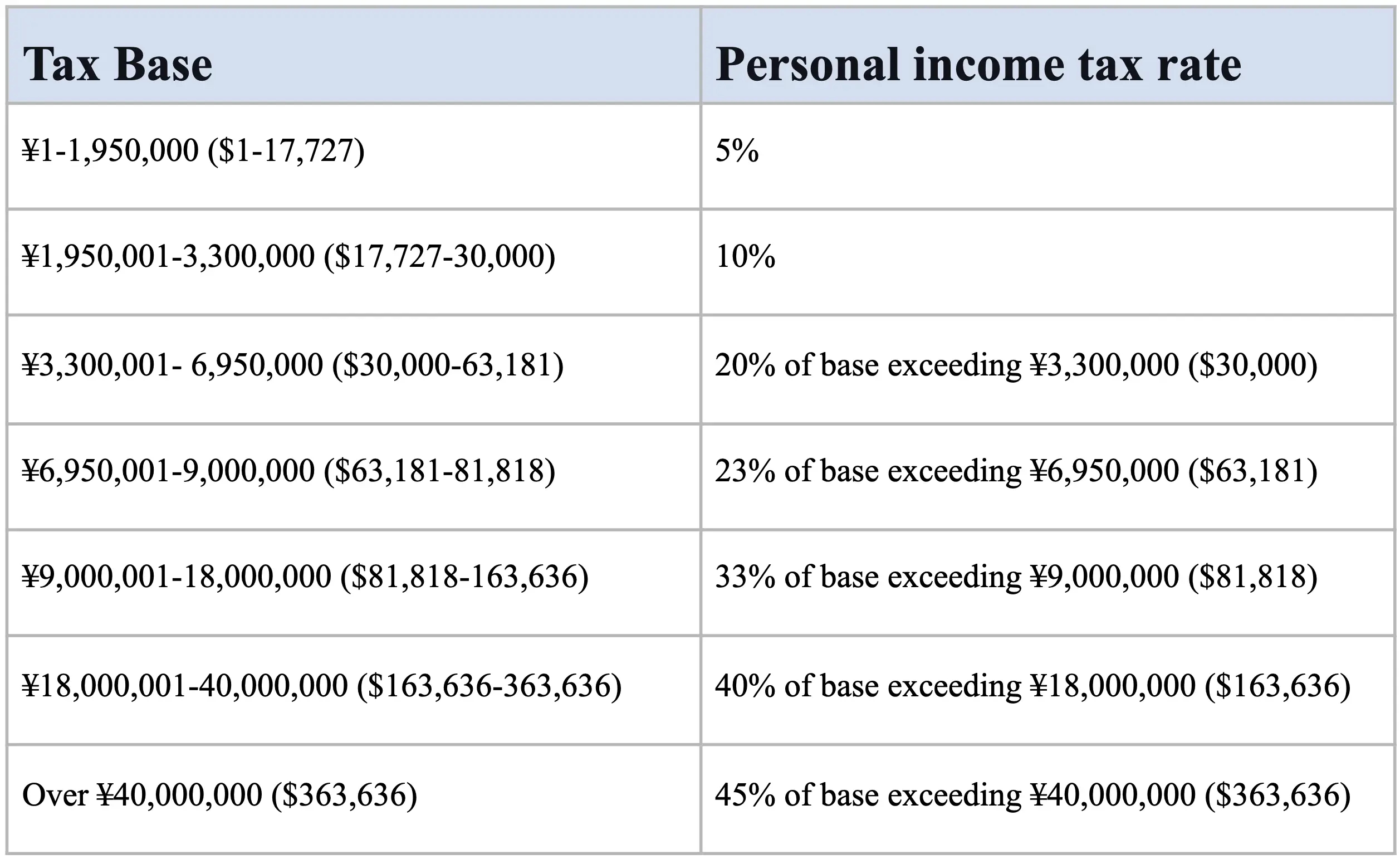
Social Security and Health Insurance
Businesses are required to enroll all of their workers in the national social insurance program, known in Japanese as shakai hoken, which requires them to pay half of the premium. The national social insurance is comprehensive of a wide range of factors you should be taking into consideration if you wish to live in Japan for an extended period of time.
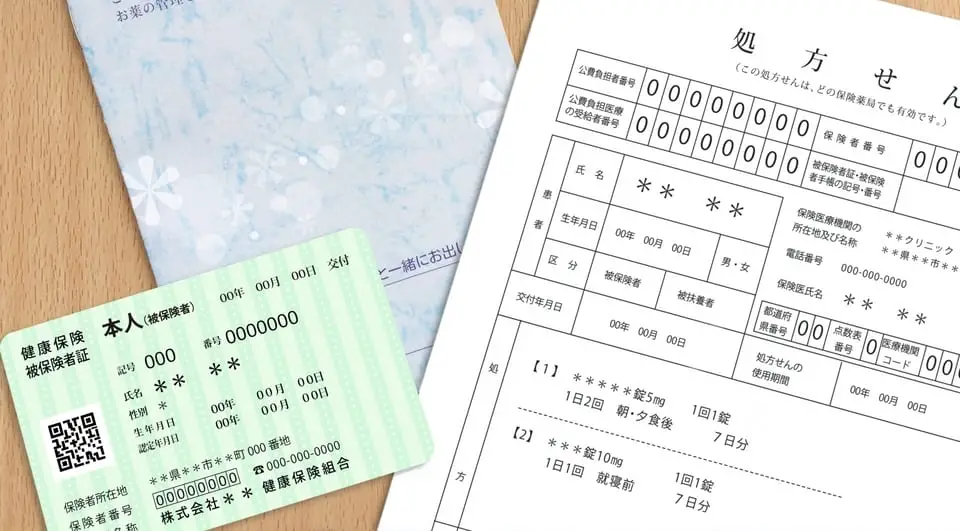
- The national social insurance is comprehensive of a wide range of factors you should be taking into consideration if you wish to live in Japan for an extended period of time. (Source: Internet)
It includes (employees’) health insurance, unemployment insurance, labor insurance, and the contribution to the national pension system. The premium varies according to earnings, but it is generally 10% for health insurance (it increases for those over 40), 18% for a pension, and 0.5% for insurance tied to employment.
Tax on residents
A significant financial aspect of your life in Japan that you should take into account is resident tax, or juminzei in Japanese. After their first year in Japan, foreign residents are required to pay resident tax. Starting in June of the current year, a monthly wage deduction equal to 10% of your previous year’s earnings will be made. Juminzei is divided into two sections, with one part going to the municipality where you live and the other to the prefecture. As a result, it might vary greatly depending on your income and place of residence.
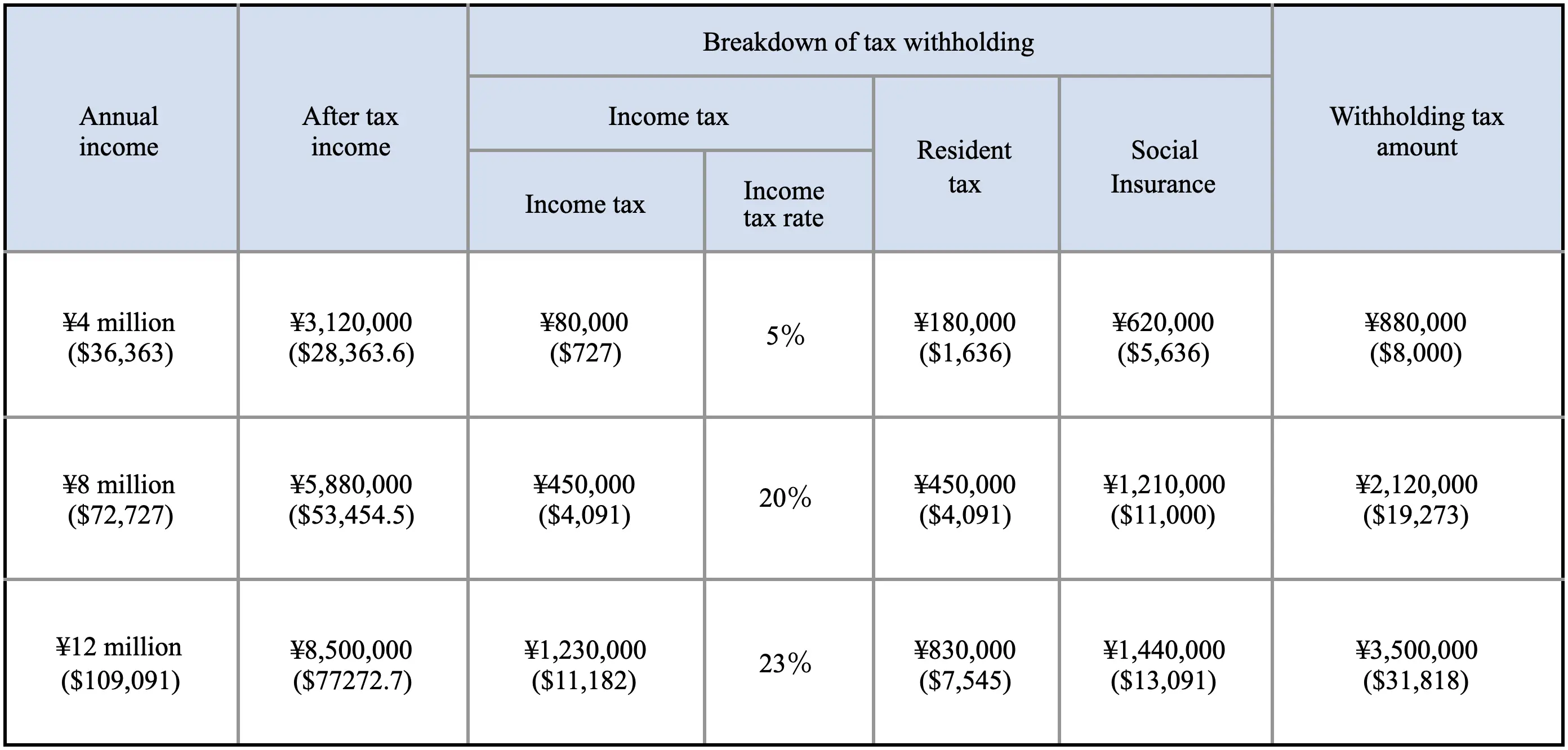
You get the idea: Depending on where you live and how frugal you are with your spending, your monthly budget for living in Japan can easily range from as little as 150,000 yen ($1,363) to 300,000–400,000 yen ($2,727–$3,636). Yet I can’t stress enough how simple it is to live in Tokyo: green spaces; filling, excellent, and affordable Japanese food; bars, cafes, and entertainment for any taste; and simple access for a day trip to the coast or a long weekend in the mountains. Did I also mention that one of the safest cities in the world is Tokyo? Thus, don’t give up because Tokyo is so huge and has stuff to suit every budget!
Cost of Living Averages Table for Japan
| Our Monthly Cost of living in Japan Expenses | Cost in USD | Cost in JPY |
| Our Monthly Cost of Rent and Accommodation in Japan | $700 | 58,650 |
| Our Monthly Cost of Utilities (water, electricity, Internet etc) in Japan | $120 | 10,116 |
| Gym in Japan | $70 | 5,923.20 |
| Our Monthly Cost of Food and Groceries in Japan | $300 – $600 | 25,325 – 50,650 |
| Our Monthly Cost of Transportation in Japan | $55 – $112 | 4,686.60 – 9,373.20 |
| Our Monthly Cost of Activities and things to do in Japan | $80 – $150 | 6,734.40 – 12,585 |
| Our Monthly Cost of Health Insurance | $20 – $76 | 1,667.20 – 6,297.60 |
| Our Monthly Cost of living in Japan total expenses | $1,125 – $1,798 | 95,277 – 152,531 |
Average Salary, Minimum Wage, and Mortgages in Japan
Although the cost of living and level of living are high in Japan, so are the salaries and minimum earnings for the workers. An average Japanese resident can get by on the country’s minimum wage, which is a little less than $1,401.7.
As a result, the average net monthly wage is well over $2500, which provides enough money to live comfortably without having to worry about splitting your bills or putting money aside for one item only to have enough for another.
Japan has a robust economy and a high standard of living overall.
| Average Salary
$2597.11 |
Minimum Wage
$1401.7 |
Mortgage Interest Rate
1.42% |
Is Japan Pricey?
Depending on where you live in Japan, different costs apply. Tokyo is a bustling city with 53% lower costs than New York City but maintaining the same urban attractiveness thanks to its huge public transportation system, diverse selection of eateries, shopping malls, and nightlife options.
But in Japan, you can discover cities where rent is much lower. A city like Fukuoka has a 41% cheaper cost of living than a similarly priced city in the United States like Dallas or Tampa. In contrast to Tokyo, these urban areas are typically a little quieter.
Where Can I Live Cheapest and Most Expensively in Japan?
Japan is divided into eight distinct areas, each with its own history, culture, and specialized foods. Although they are very different, two of the most favored cities in Japan for foreigners are Tokyo and Kyoto.
With Buddhist temples, Shinto shrines, and palaces dispersed around the city, Kyoto is most known for its ancient landscapes that are now protected. Tokyo, on the other hand, has undergone modernization and is renowned for its fast-paced lifestyle, amusement parks, business culture, and everything related to technology and anime.
1. Japan’s most expensive cities
- Tokyo. The Kanto region of the Japanese capital is home to a diverse population of foreign expatriates, nomads, service members, and citizens. The city’s way of life is most akin to New York, which is thought to be the ninth most expensive city in the world. The majority of eateries, tourist destinations, and train stations conveniently offer English translations.
- Osaka. Osaka, which lies in the Kansai area of southern central Japan, has a more laid-back atmosphere than other cities. The city is renowned for its inexpensive restaurants, flamboyant, colorful streets, and relaxed locals. Osaka has a 61.89% lower cost of living than New York.
- Yokohama. The second-largest city in Japan is Yokohama. This port city is home to several multinational corporations, making it a popular area for expats to live. More than 10 foreign schools, hospitals with translators on staff, Japanese language programs, and other multilingual services are available in the city. Those who would prefer to live close to the bay should consider Yokohama because it has 14.27% lower rent than Tokyo.
- Nagoya. Nagoya is a city that blends traditional and modern city life. The “castle town” is the fourth most populous city in Japan and is still regarded as a megacity. One of the best transportation networks in the nation is found in the city.
2. Japan’s Most Cheapest Cities
- Kyoto. 17 UNESCO World Heritage Sites are located in Kyoto, which is regarded as Japan’s cultural center. The tranquil city has a building height restriction and forbids blinking advertisements to preserve the natural sceneries. Kyoto has a cost of living that is 64.4% lower than New York, making it one of the cheapest cities in Japan to live.
- Sapporo. The major city in Hokkaido, Japan’s northernmost island, is the hilly Sapporo. Sappporo’s low cost of living is perfect for anyone who loves to live in colder climes and doesn’t mind long, bitter winters if they want to live in the middle of nature.
- Fukuoka. The third-largest of Japan’s five main islands, Kyushu, is economically centered in the coastal city of Fukuoka. The city offers regional flavors like tonkotsu (pork) flavored ramen in addition to being close to the mountains and beaches. Fukuoka has a 21.71% cheaper cost of living than Tokyo.
- Naha. Okinawa, a tropical island off the coast of Japan, has Naha as its capital. For expats wishing to enjoy island life while still having access to culture, shopping, and delectable meals, this cosmopolitan capital’s low cost of living is excellent. It’s crucial to remember that Okinawans do not consider themselves Japanese and have their own identity, culture, and language.
FAQs
1. Is living in Japan less expensive than in the US?
When compared to the United States, the cost of living in Japan is more expensive. For instance, consumer prices in Japan are 14.36% higher than those in the US, while the cost of groceries in Japan is 17.77% higher than that of groceries in the US.
2. Can a foreigner reside in Japan?
You must have a status of residence in Japan in order to live there. Depending on the activities and length of stay in Japan, there are 27 different sorts of credentials. Your admission into Japan will determine your residency status and length of stay.
3. What is a respectable wage in Japan?
In Japan, the average monthly wage for workers can range from about 130,000 JPY (1,128 USD) to 2,300,000 JPY (19,963 USD). Remember that the top range of incomes is the highest average rather than the greatest pay that Japanese workers receive.
4. Without a job, can I relocate to Japan?
Remember that it is illegal for American citizens to work without a work visa. Thus, unless you want to live off of your funds, you should speak with the nearest Japanese embassy about obtaining a work visa and ensuring that you are qualified to find a job.
5. How challenging is it to relocate to Japan?
Foreigners have a tough time settling in Japan because of this. Some people are forced to consider whether they should stay in Japan for more than ten years due to the complicated tax structures that have been implemented, such as a high inheritance tax that is applicable to even short-term foreign residents.
6. Can I settle permanently in Japan?
Foreign nationals who have been in Japan for a considerable amount of time are qualified for Japan Permanent Residence. This is helpful for people who desire to move to Japan permanently because it frees them from several time-consuming and bureaucratic procedures.
7. How am I able to live lawfully in Japan?
You only need to apply for the appropriate visa at the closest Japanese Embassy or Consulate General2 in your home country, depending on your reason for staying in Japan. You should bring the following documents: your ID card. your application for a visa.
8. Does not knowing Japanese make it difficult to live in Japan?
The quick answer is no, but you should really try. And that “no” has a few qualifications. The answer essentially comes down to what you hope to get out of living in Japan.
Conclusion
Now, I think you have an answer for the question: “How much does it cost to live in Japan?”The cost of living in Japan is reasonable, therefore it’s a great place to relocate as an expat or to live remotely as a digital nomad. With the attractive advantages of living in a big metropolis, rent in Tokyo is 72% less expensive than in New York.
Living in Japan is enticing due to the abundance of multilingual services, inexpensive restaurants, and inexpensive ways of transportation, whether you choose to reside in a bustling port city or a peaceful suburban community.

